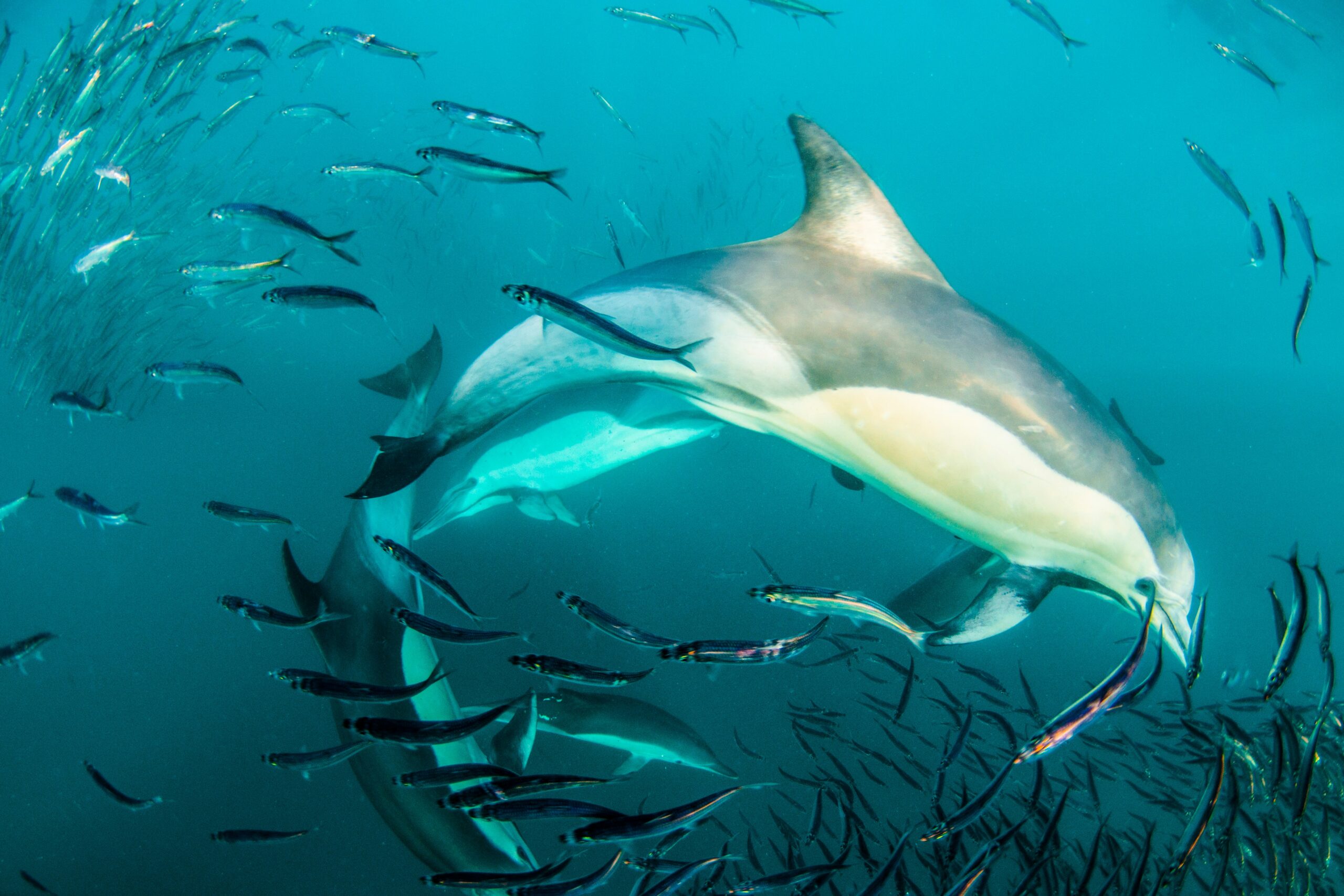
Saltwater fishing offers endless opportunities for adventure and excitement, whether nearshore, offshore, or on a beach. Before heading out, learn about the types of fish in your area, their habits, and the best seasons for fishing.
Understanding the local tides and weather conditions is crucial for a successful fishing trip. Study tide charts and plan trips during optimal times, such as incoming or outgoing tides. Knowing the basics helps set the stage for a rewarding experience.
Essential Fishing Gear for Saltwater Adventures
Proper gear is critical for saltwater fishing success. Invest in a sturdy saltwater fishing rod and reel built to withstand harsh conditions. Choose the right fishing line based on the target species; braided or monofilament lines are popular choices.
Use hooks, swivels, and leaders appropriate for saltwater fish to ensure durability and effectiveness. Don’t forget polarized sunglasses to reduce glare and help spot fish underwater. A good tackle box keeps gear organized and ready for use.
Bring tools like pliers, a fishing knife, and a hook remover for convenience and safety. A high-quality cooler is essential for storing your catch and keeping it fresh.
Choosing the Best Baits for Saltwater Fish
Selecting the right bait can make or break your fishing trip. Live bait, such as shrimp, minnows, and crabs, is highly effective for many species. Keep live bait fresh and lively to attract more fish.
Artificial lures like soft plastics, jigs, and topwater plugs mimic prey and work well for various saltwater fish. Choose lures in colors and shapes that match the local baitfish. Experiment with different retrieval techniques to find what works best.
Cut bait, like squid or mullet, is another excellent option, especially for bottom-feeding fish. Keep baits fresh and secure them properly on the hook to avoid losing them to smaller fish.
Best Practices for a Safe and Successful Trip
Safety should always come first during saltwater fishing trips. Wear a life jacket when fishing from a boat or near deep waters. Stay hydrated and use sunscreen to protect against sunburn and dehydration.
Keep a first-aid kit and a communication device, such as a radio or cell phone, for emergencies. Let someone know your fishing location and expected return time.
Practice catch-and-release techniques to preserve fish populations. Handle fish gently and return them to the water quickly to minimize stress. Follow local fishing regulations, including size and bag limits, to ensure sustainable fishing practices.
Advanced Tips for Saltwater Fishing Enthusiasts
Learning advanced techniques helps improve your skills and success rate. Drift fishing allows your bait to move naturally with the current, increasing its appeal to fish.
Trolling is ideal for covering large areas and targeting pelagic species like tuna or mahi-mahi. Use multiple rods with different lures to maximize your chances.
When bottom fishing, use a fish finder to locate structures like reefs or wrecks, which often hold large fish. Adjust your setup based on the water depth and target species.
Embrace the Excitement of Saltwater Fishing
Saltwater fishing offers endless possibilities for exploration, relaxation, and adventure. By understanding the basics, investing in quality gear, and mastering techniques, anglers of all skill levels can enjoy success.
Respect the ocean, practice sustainable fishing, and create unforgettable memories on the water. Whether you’re a beginner or an experienced fisherman, saltwater fishing provides thrilling opportunities to connect with nature.